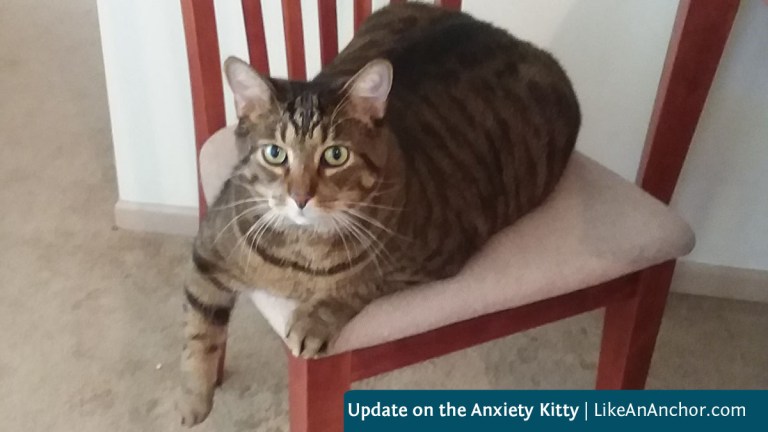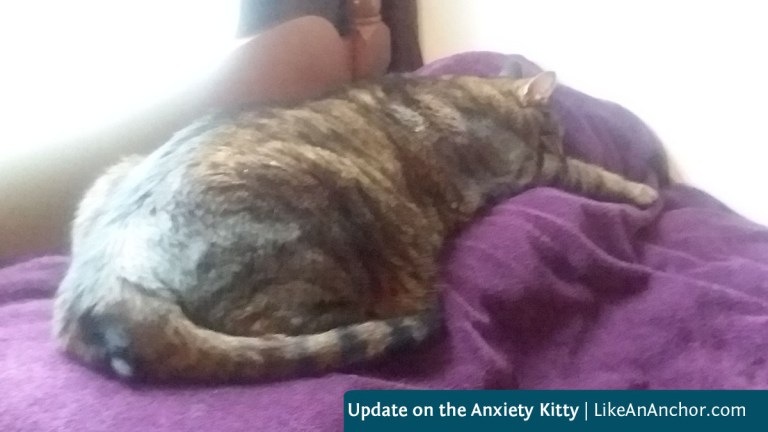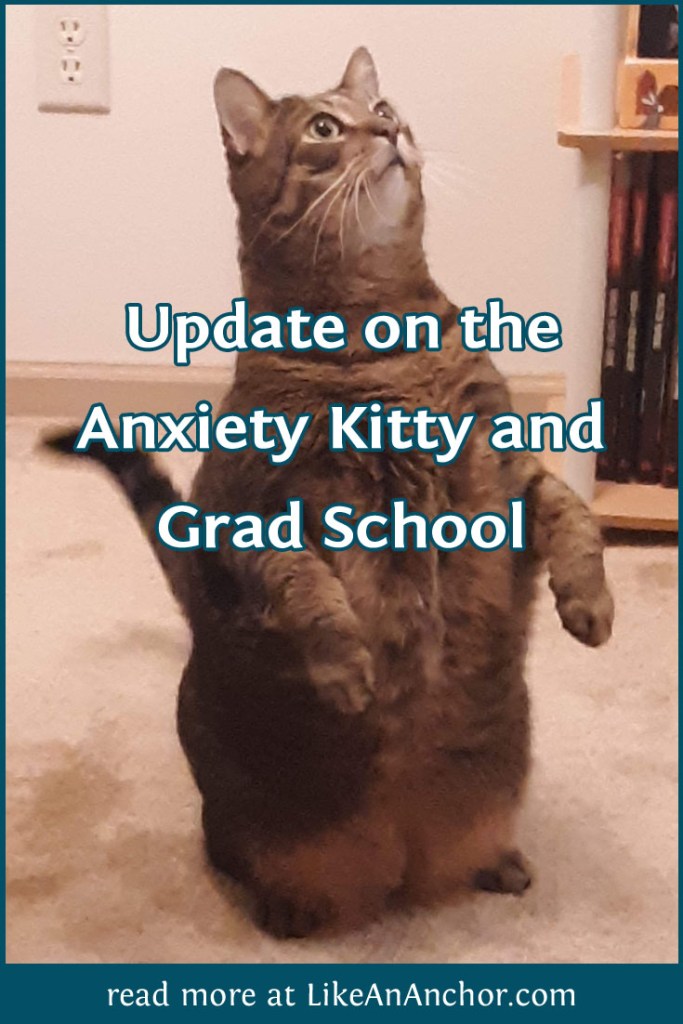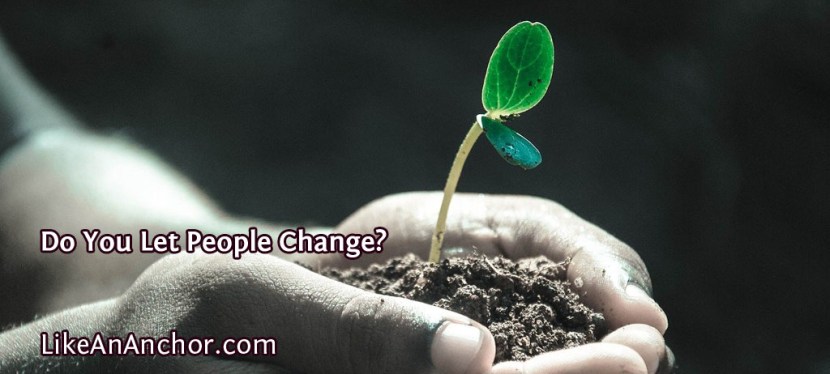Hi everyone!
I wanted to take a some time to share with you new projects and changes that you’ll be seeing here within the next few weeks. They won’t affect the blog posts much, but some things are changing with my books and I’ll be releasing a new study guide in June.
Name Change
I’m getting married on June 4 and I plan to take my new husband’s last name. Since I’ve already published books and this blog as Marissa Baker, though, I had to decide how/if to change my author name as well. Here’s the plan I’ve decided on:
INFJ Handbook: no change
All my involvement in the Myers-Briggs type community has been under the name Marissa Baker. I don’t want to make it hard for people to find my The INFJ Handbook if they read a post or listen to an interview with Marissa Baker, so I’m not planning to change anything about that. Also, when I guest post about personality types on other blogs, I’ll still write under the name Marissa Baker.
Blog and Study Guides: name change
On this blog and for my Christian study guides, I’ll be using my new name, Marissa Martin. Since I’ve only released one of the Study Guides as Marissa Baker and am continuing the series, it makes sense to change my author name on those to the name I plan to use for the rest of my life.
I’d also like to start publishing Christian fiction as well, though I haven’t yet decided if I want to try traditionally publishing or if I’ll self-publish those like I do my non-fiction. I’m not ready to announce any upcoming releases just yet, but when I am I’ll also publish those as Marissa Martin.
New Study Guide
Speaking of the study guides, I’ll be re-releasing The Beatitudes in a new edition with my married name. Once that is done, I’ll continue the series with The Armor of God. I’m so excited to release this new study guide; my early readers tell me they enjoyed it even more than The Beatitudes.
Look for the new edition of The Beatitudes and the new Armor of God study guides in June.
No Post June 10
The name update and book news won’t affect much on my blog. I’ll still share Bible study blog posts every Saturday morning, so posting schedule and content aren’t changing. The only thing that will be affected is that I’m not going to have a blog post on June 10 since I’ll be on my honeymoon.
Well, that’s all for the update. At least for now; I have some crafty projects in mind once we move into our new house and I finally have the space to set up a sewing table. I’ve been thinking about either blogging or filming those projects to share them. Let me know if you’d be interested in seeing me build cat trees and sew Star Wars-inspired 50s style dresses (like this one I made a few years ago). I’d probably host those on a YouTube channel and/or over on my Star Wars blog rather than here.








